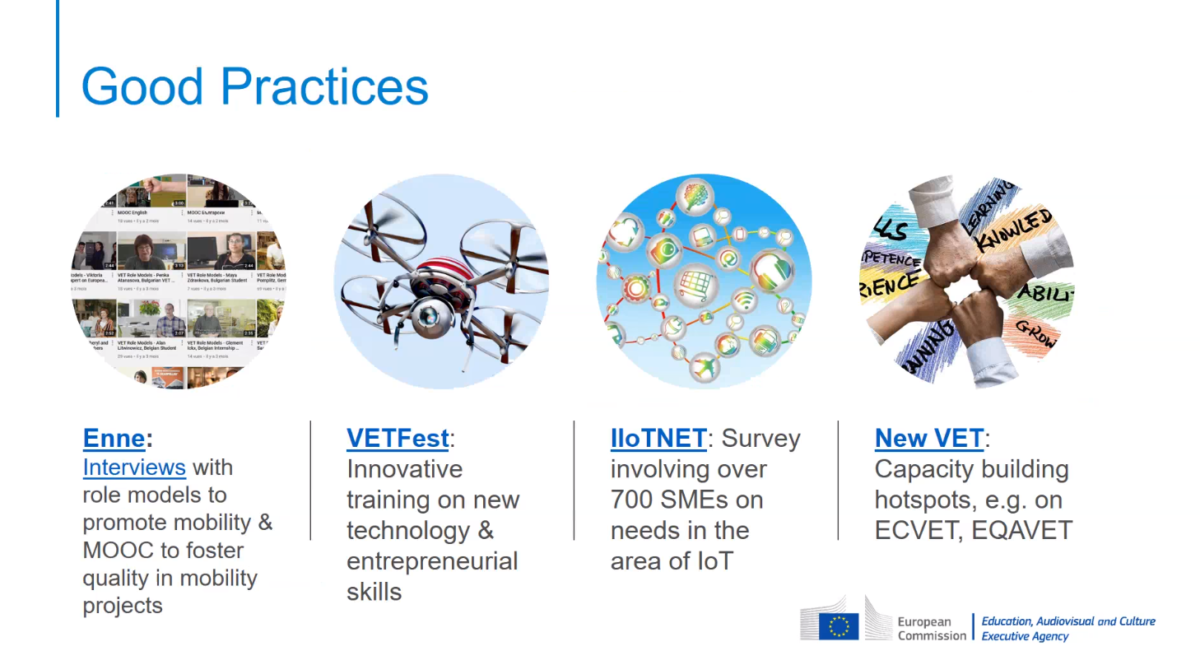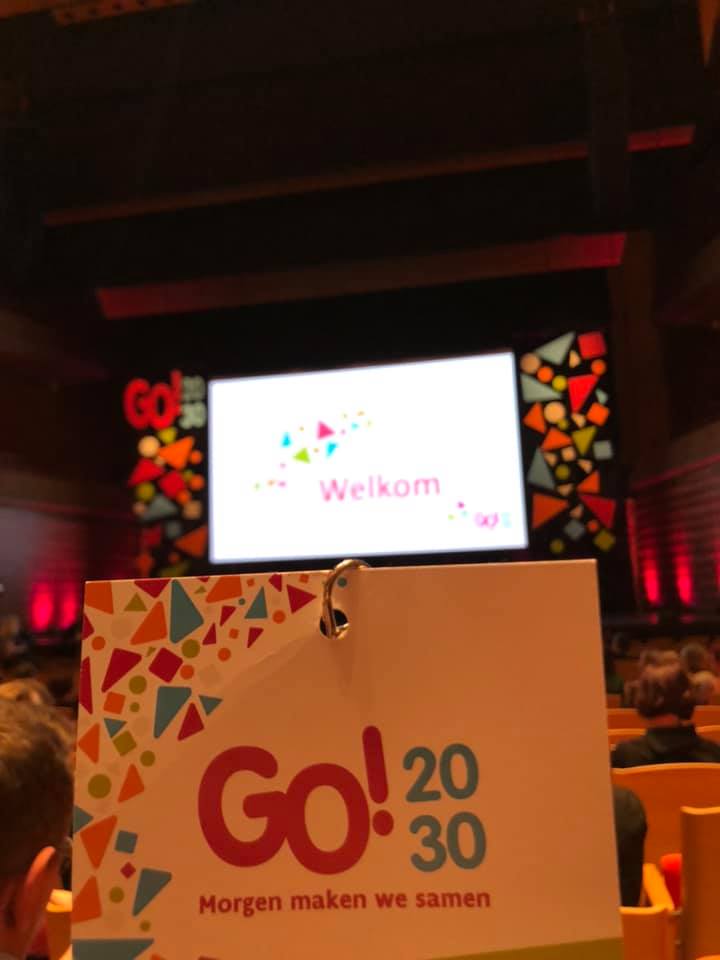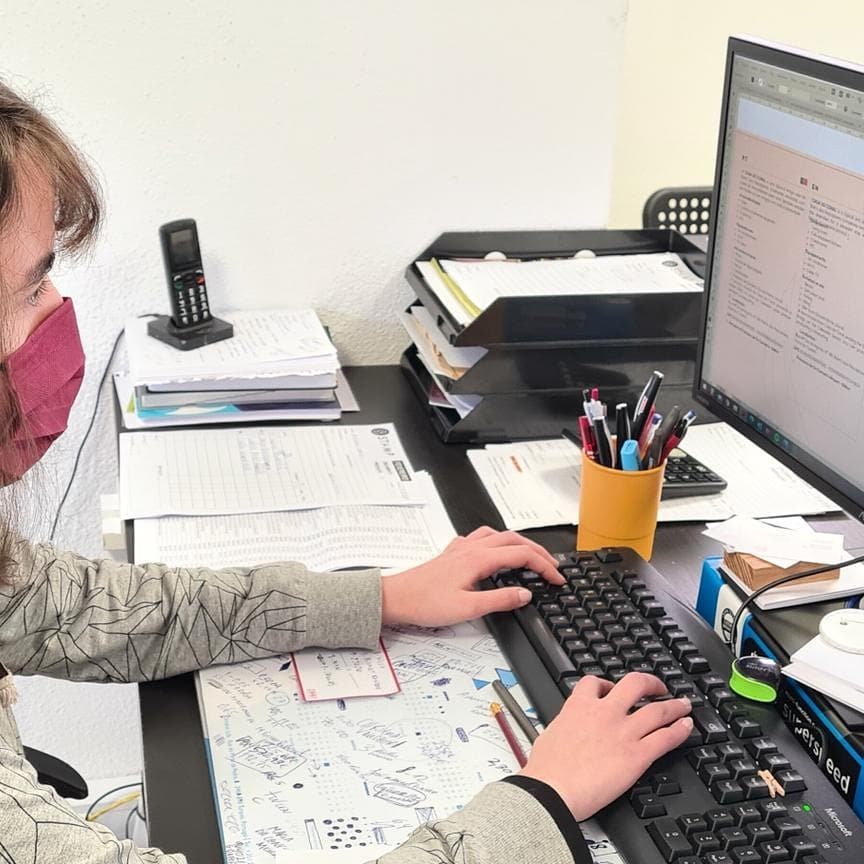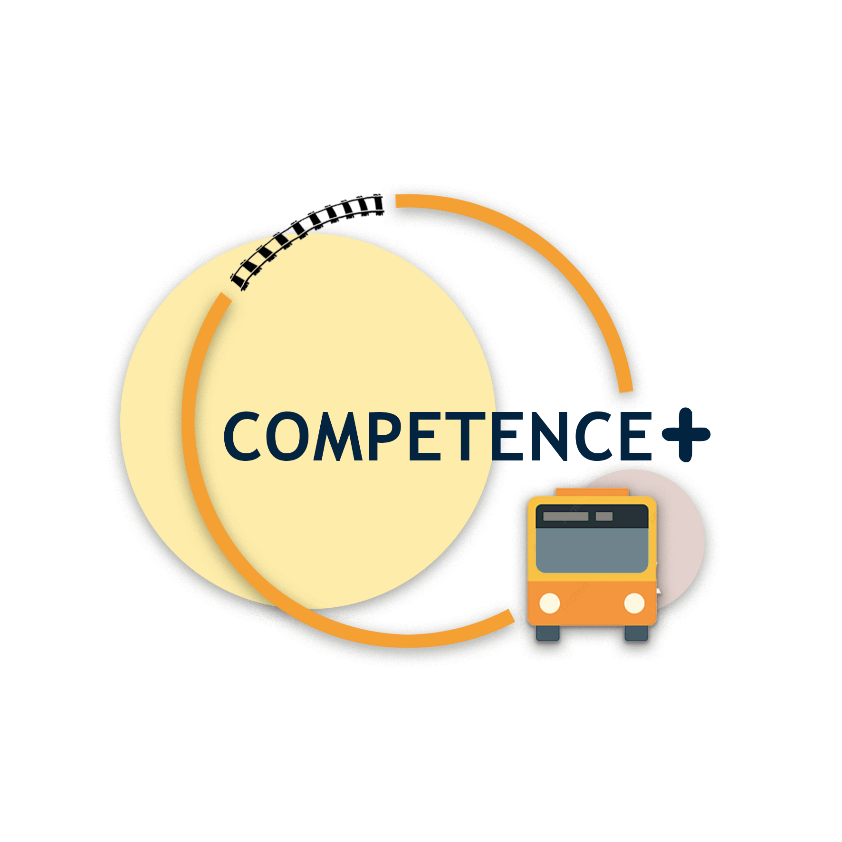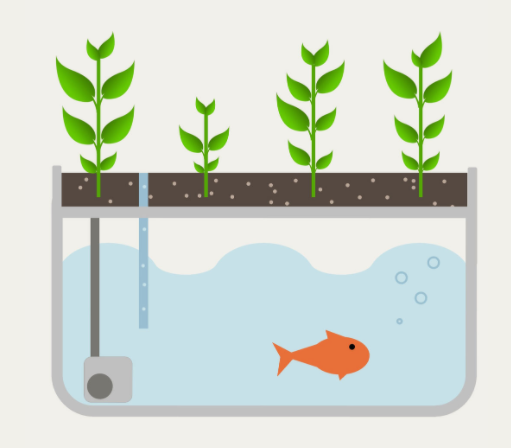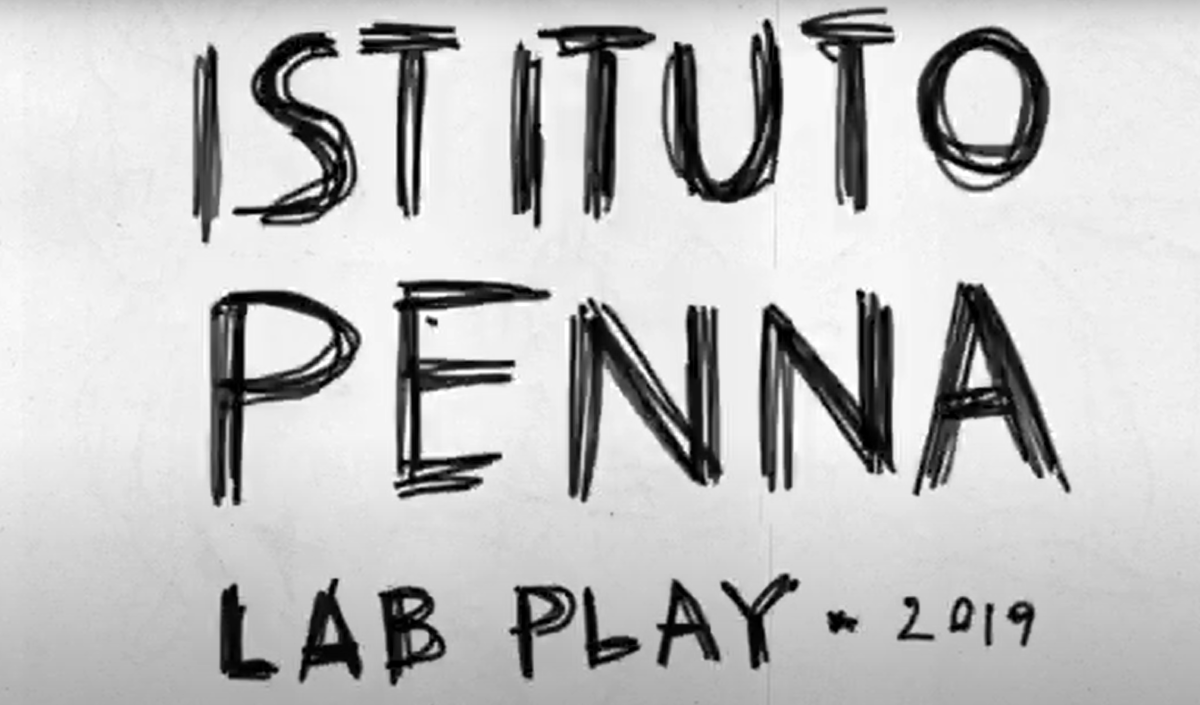There have been major changes in the labour market in the past year and the practice enterprise has not missed the boat as a business-oriented,
didactic solution. COFEP has adapted to the changing circumstances and the needs of the contemporary education and training landscape and creates, together with the schools involved, a tailor-made solution, both online and offline. It is therefore possible to organize a practice enterprise (partly) from home or in a classroom setting.
COFEP offers a full alternative to internships: a practice enterprise with tasks and assignments according to the objectives of the internship and the training.
A Practice Enterprise is a trainee-run company that operates as a real business. It silhouettes a real enterprise’s business procedures, products and services. A Practice Enterprise resembles a real company in its form, organisation and function.
We provide schools with a full order book, an active mailbox and a network with other practice enterprises to put administrative, commercial, financial and logistical profiles to work. The school or training centre provides an internship supervisor or mentor who does the day-to-day follow-up of the students, gives them feedback and eventually evaluates them, just like an external internship. COFEP takes care of the training and support of the supervisor.
Within COFEP, the Belgian network of practice enterprises is promoted. The practice enterprise is a learning company within a simulated economy, ranging from retail businesses to wholesale businesses, from marketing companies to transport companies, from contact centres to accounting firms.
The trainees are prepared for the real business world by putting them to work in practice enterprises. Their entrepreneurship is stimulated by immersing them in a business reality with ERP business processes and national and international collaborations. Worldwide, there are more than 7 000 virtual companies run by trainees from secondary education, higher education and adult education.
A traditional internship in a real company was particularly hard to come by this autumn. Thanks to COFEP’s practice enterprises, schools were able to create challenging workplaces for all their students. They learned a wide variety of things on the job, from processing orders in ERP software to negotiating in a foreign language with native speakers. The trainees are given a wide variety of tasks to handle and take responsibility for their own virtual company.

